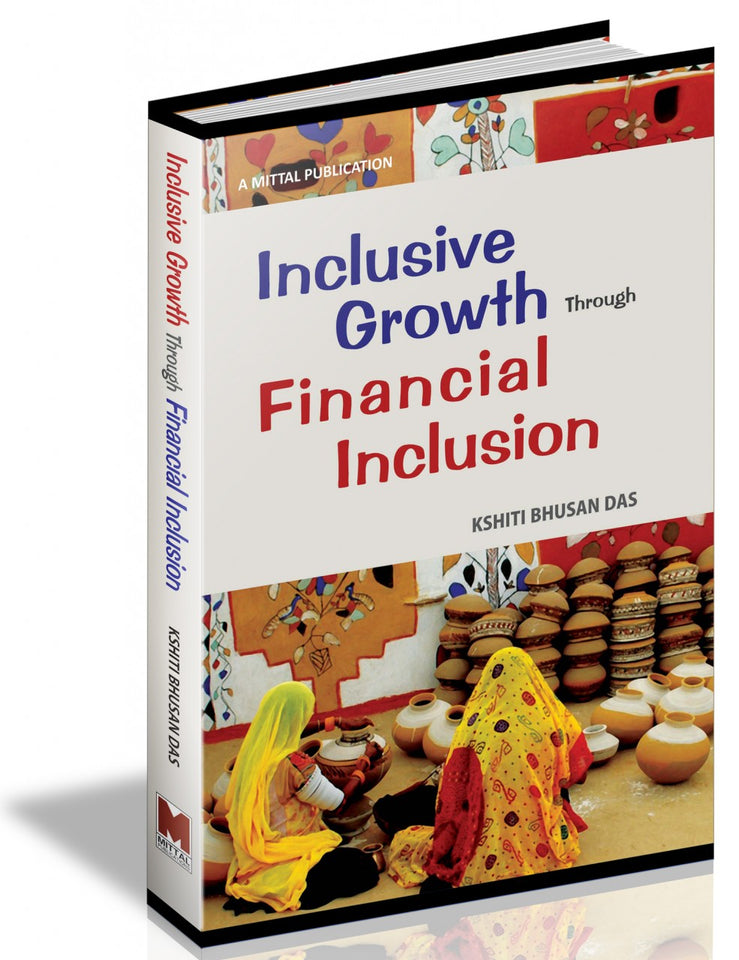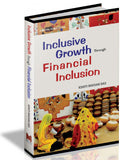Inclusive Growth through Financial Inclusion
Regular price
Rs. 700.00
Economic reforms and development planning are without meaning if the poor and marginalised are not enabled to better their lives. When almost 77 per cent of the population and 92 per cent of the workforce could hardly realise the concept of shining India, inclusiveness in the growth process became a vital agenda in the policy formulation of this country. When it was observed that the trickle down economics is not working, steps were initiated in organising the poor into productive units which could help them generate income and wealth. The Eleventh Five Year Plan document “Moving Towards Faster and More Inclusive Growth” speaks in succinct terms the priority to bring compatibility between equity and growth. Since, the micro finance services have emerged as a revolution for reclaiming finance for the society, symbolising the true democratisation of capital, financial inclusion, therefore, has become integral to the development policies of this country. This is reiterated several times in various Budget speeches of the Union Finance Minister. This book reviews the genesis of the country’s rural financial system, the micro-credit operations and the role of such agencies in identifying and nurturing the entrepreneurial talent taking into account the livelihood and local resources among economically active poor. The book analyses some major issues to assess the impact of financial inclusion in terms of employment opportunity created, income generated, assets created and sustainability of the livelihood activities. The book is more contextual as the backdrop of the study is the most backward and tribal region of Odisha, the KBK region. This is an authentic economic evaluation of the financial inclusion programme.
Guaranteed Safe Checkout





